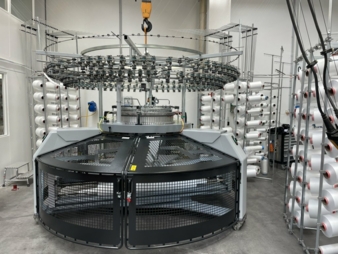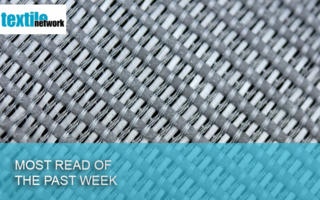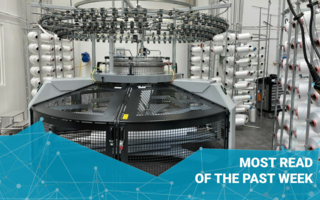07/10/2025 – Textile machinery sector in crisis — auf Deutsch lesen
Mayer & Cie Files for Restructuring
German circular knitting machine manufacturer enters self-administration as global trade conflicts and competitive pressures reduce export demand, while maintaining operations during restructuring process.
Market Challenges Force Restructuring
Mayer & Cie., the 120-year-old German manufacturer of circular knitting and braiding machines, filed for insolvency under self-administration at Hechingen District Court on September 23, 2025. The fourth-generation family business, employing 280 people in Albstadt, exports almost all its machinery to textile manufacturers worldwide.
The company reported a 50% sales decline last year while facing increased operational costs. This downturn reflects broader market challenges affecting textile machinery manufacturers globally.
Global Trade Dynamics Impact Demand
Several factors contributed to reduced machinery demand. The US-China trade conflict has created investment reluctance among textile producers internationally. The Ukraine war has further affected manufacturing confidence and supply chains.
Turkey, an important export market for textile machinery, faces high inflation that has reduced the competitiveness of local textile manufacturers. This has impacted demand from a traditionally significant market.
Chinese manufacturers, supported by state subsidies, offer textile machines at competitive prices on international markets. This pricing strategy has intensified competition for established European manufacturers operating with different cost structures.
Self-Administration Maintains Operations
The self-administration process allows Mayer & Cie. to retain operational control while restructuring under legal protection. Management continues decision-making authority, supported by restructuring expert Martin Mucha from Grub Brugger law firm as general representative.
Employee wages are secured for three months through insolvency benefits, providing workforce stability during restructuring. Provisional administrator Ilkin Bananyarli from PLUTA monitors proceedings in creditor interests.
"We intend to continue business operations as usual and will concentrate with all our commitment on maintaining the company's core competencies," stated Martin Mucha.
The restructuring aims to reposition the company within current market conditions while preserving its technical expertise and manufacturing capabilities.




